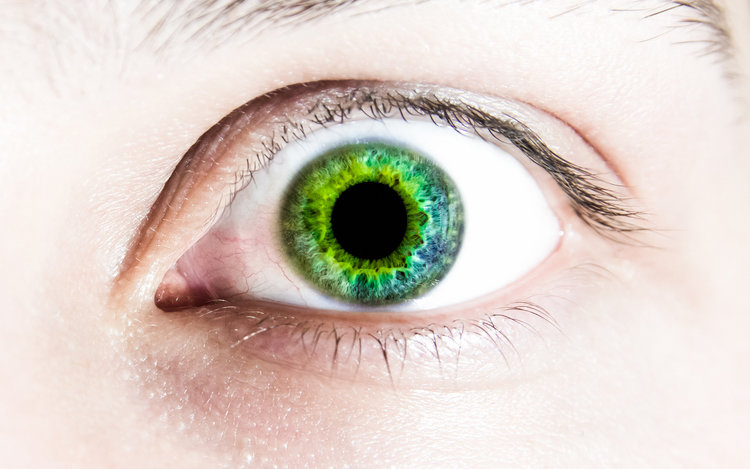Repeat after me: If it sounds like magic, it probably is.
“If it sounds like magic, it probably is.”
OK. Good.
I actually used to have this statement written out on a sticky note. I used it as my bookmark.
Every time I jumped into a book, or took a break from a paper I was reading, I would see the phrase.
And let me tell you, it came in handy.
When you’re in the middle of a gripping psychology tale (or enraptured by some finding you’ve encountered) it’s easy to get swept away. It’s easy to get so drunk on the joy of learning something new that you turn off your critical faculties.
In the wild world of behavioral science, that’s a deadly mistake.
The fact of the matter is that a lot of the popular behavioral science research out there is over-hyped BS.
And today I’d like to tell you about one of the most recent areas of research to get a good pummeling: money priming.
Over the years, a bunch of researchers have claimed that exposing people to money causes them to act in a selfish, destructive manner.
As the leader in the field, Kathleen Vohs, describes the research:
“First, compared to neutral primes, people reminded of money are less interpersonally attuned. They are not prosocial, caring, or warm. They eschew interdependence. Second, people reminded of money shift into professional, business, and work mentality.”
It’s one of those findings that fits into our pre-conceptions. Many of us see capitalism (and, by extension, money) as some corrupting force. It’s no wonder that we would then see money as something so toxic that its mere presence can poison minds.
But if you sit back and think about it for a moment, the research seems a bit far-fetched. Do you really think that showing someone some dollar bills can cause their personality to dramatically shift? Do you really think that people are that easily influenced and pliable?
If small environmental shifts caused large personality changes, then people would be chaotic messes.
If people were that elastic, then you wouldn’t be able to trust your relationships. Every time you went out with your friends, you would find that one of them had metamorphosed into a completely different person. This is (usually) not the case.
Thus, it’s no surprise that the money priming research has consistently failed to replicate.
In general, small tweaks do not lead to large personality or behavior changes.
Unfortunately, there are a lot of snake-oil hucksters out there that will tell you otherwise. Be warned.
Tomorrow I’m going to go over a recent paper on the “money priming” topic, and tell you a bit about two big issues in the behavioral sciences: publication bias & data-massaging.
It’ll be a blast.





